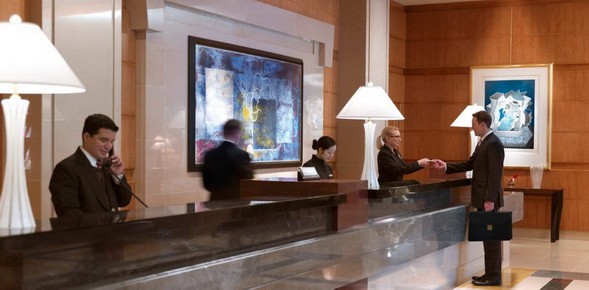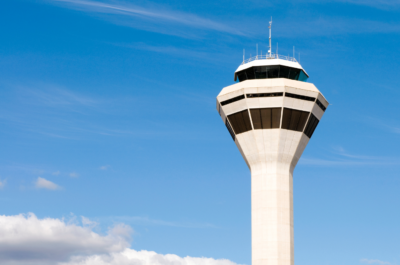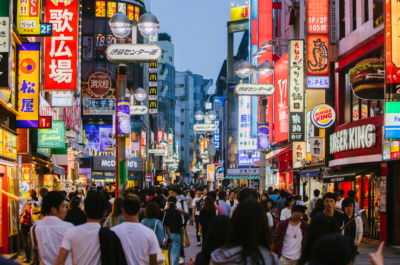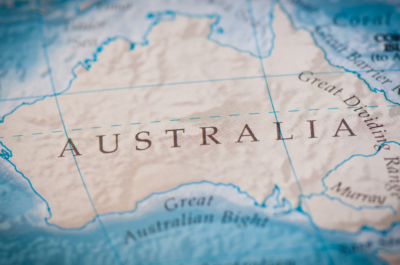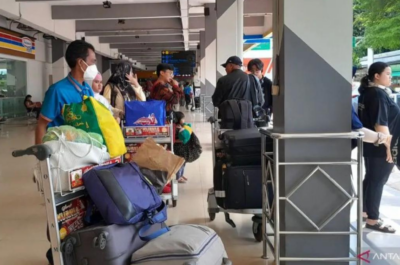The global Hotel Price Index stood at 115 at the end of the first six months of 2014, 15 points higher than at its launch in 2004 and now only four points off its all-time high of 119 set in the first half of 2007.
LONDON – The average price paid for a hotel room around the world rose by 4% during the first six months of 2014, when compared with the same period in 2013, as the overall economic recovery gathered greater momentum, particularly in Europe, and consumers became more confident in raising their travel spending.
The global Hotel Price Index stood at 115 at the end of the first six months of 2014, 15 points higher than at its launch in 2004 and now only four points off its all-time high of 119 set in the first half of 2007.
Johan Svanstrom, President of the Hotels.com brand, said: “There was a promising start to the year for the travel industry in general as demand for both international tourism and business travel remained strong. Consequently, we saw the highest rate of increase in the HPI since early 2012 and, for the first time, we have two regions whose regional indices have overtaken their pre-economic crisis levels.“
Latin America and the Caribbean both achieved record results over this period. The Caribbean had the fastest rise in the current HPI of 6%, taking it to the highest individual region Index figure ever documented.Latin America continued the progress seen in 2013 and also reached its all-time half -yearly high.
Two regions reported 5% Index growth: firstly, for Europe and Middle East, this was the sharpest increase in the region in six years. Secondly,North America was boosted by results from the USA which posted the best hotel occupancy levels of the century in June, according to Smith Travel Research.
For Asia and the Pacific, the Index saw no movement either up or down. Asia, in particular, continued to offer excellent value for travellers, while prices paid by inbound visitors toAustralia were eased by the weaker Australian Dollar.
Svanstrom continued: “As well as the general economic recovery, there were three other stand-out reasons behind most of the price moves. Currency fluctuations played a major role in determining whether prices paid when travelling abroad either rose or fell for many travellers. UK travellers, in particular, benefitted as Sterling either remained stable against already weaker currencies or gained ground against others.“
Vicky is the co-founder of TravelDailyNews Media Network where she is the Editor-in Chief. She is also responsible for the daily operation and the financial policy. She holds a Bachelor's degree in Tourism Business Administration from the Technical University of Athens and a Master in Business Administration (MBA) from the University of Wales. She has many years of both academic and industrial experience within the travel industry. She has written/edited numerous articles in various tourism magazines.













